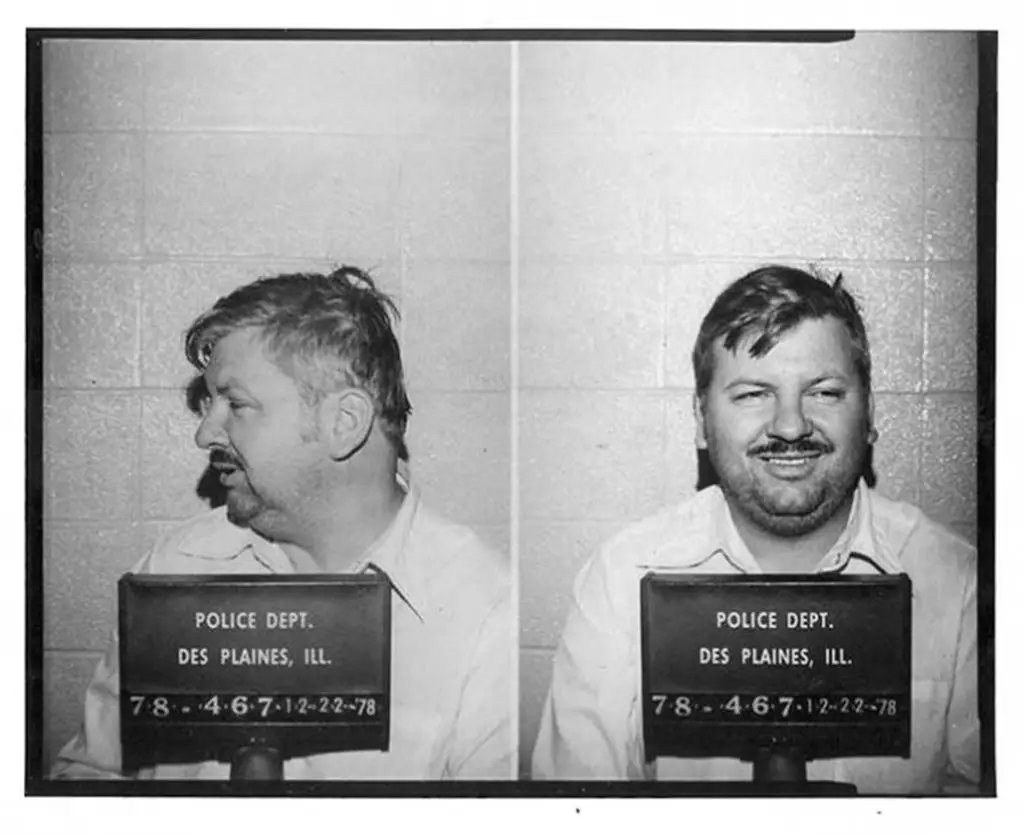
Serial killers are rightfully some of the most reviled individuals across the world for their heinous actions that take away countless lives, yet an investigation into the brain of one of America's most prolific murderers revealed a shocking detail.
The concept of serial killings and the killers themselves was first introduced into America in the 1970s within the FBI, and it has since become one of the most discussed aspects of criminology in the following decades.
The term refers to individuals who don't just murder more than one individual but those who do so ritualistically, often by following the same method, for the same purpose, or taking similar 'trophies' from their victims.
Some modern cases have seen killers discovered by their horrific Amazon reviews, and others have called into radio shows to offer gruesome details of their own acts of senseless violence.
Advert

Part of the myth surrounding many of the countries most famous serial killers is their illusiveness, as the reasoning and motivation behind their killings is often unclear or difficult to explain in a scientific manner.
That's why neurological approaches have been encouraged to see if there is anything inside the brain that indicates a difference between a serial killer and the average human, yet the conclusions weren't as many hoped in one of the most famous investigations.
As reported by WMBF News, John Wayne Gacy was one of the most prolific serial killers in the history of the United States, having raped, tortured, and murdered at least 33 young men and boys in the years between 1972 and 1978.
The man known as the 'Killer Clown' was eventually arrested by authorities in 1978, sentenced to death in 1980, and eventually executed via a lethal injection in 1994.
Gacy's shrunken and sliced up brain was preserved in a ziploc bag following his execution, and scientists decided to perform some tests on it during the autopsy process to see if it differed in any way from you and I.
This followed on from EEG alcohol test that was performed while Gacy was alive, which indicated no unusual activity that might make sense of the serial murderer's actions, and the test offered up similar results.

Dr Helen Morrison, who performed the tests, revealed that all results came back completely normal, and it allowed her to come to a horrifying conclusion.
"Murder is just an action. It has no meaning. It has no motive. It has no underlying cause," she proposed. "The most frightening part about a serial killer is there is no reason."
Whether tests over 30 years later with all of the advanced technology we have access to now would produce different results is unclear, but it perhaps shows that there isn't any perceivable neurological difference between the average individual and the mind of a twisted killer.
